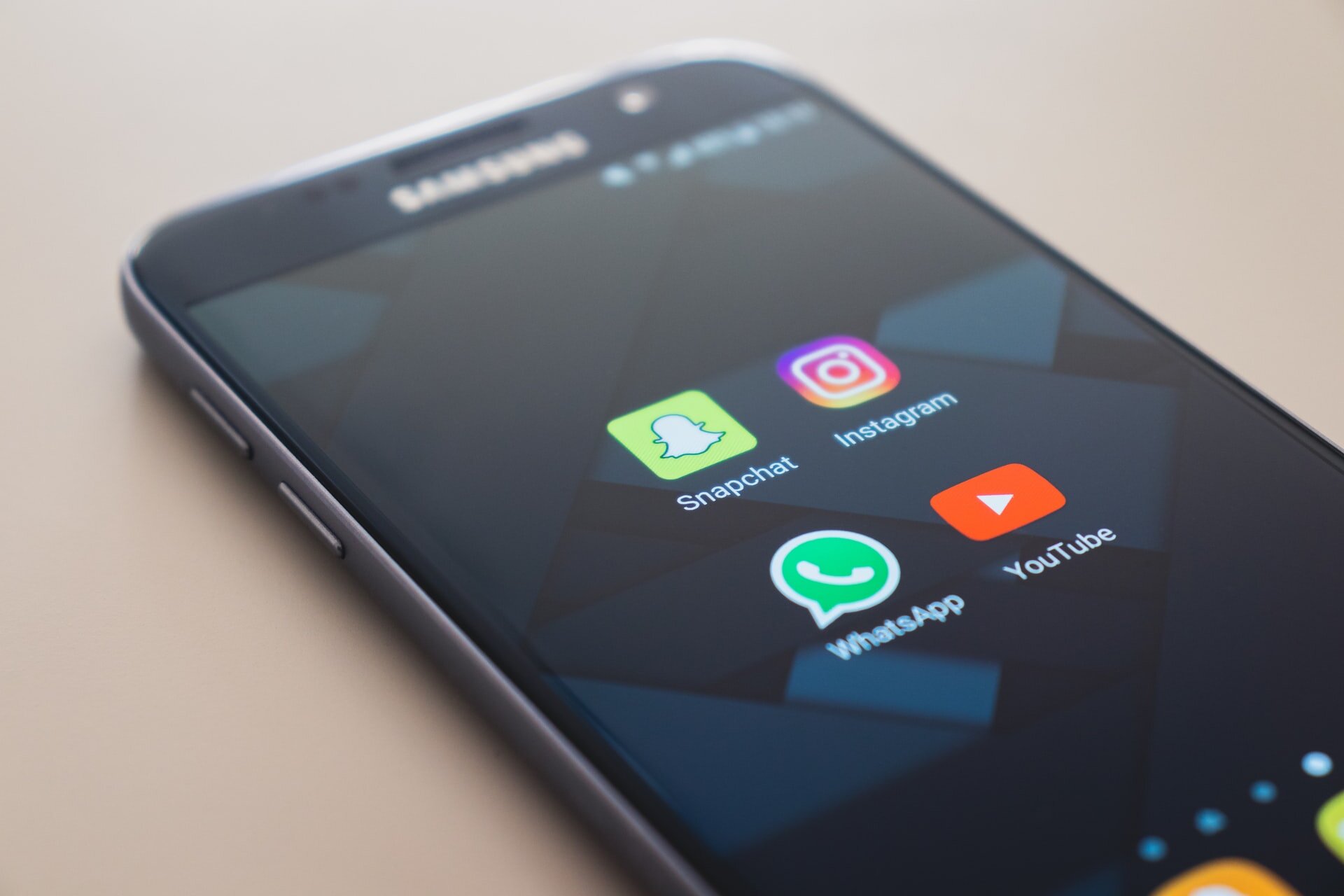In a vast and limitless world of news and social media, keeping on top of what everyone is saying can seem like an overwhelming task, especially when you have a million other things to do. Daily media monitoring should, however, be at the top of your to-do list and it can take as little as 15 minutes.
Media monitoring allows you to find out what your target audience is talking about, searching for and what journalists are writing about. Ongoing monitoring allows you to uncover relative trends and use this knowledge to come up with new angles and create engaging and, most importantly, meaningful conversations with your audience.
Track Your Brand and Keywords
By doing a quick google search for your brand name, as well as associated keywords, you gain an insight into current attitudes towards your brand and the industry in general. Simply refining the keywords, location and date can help you keep on top of any negative feedback and measure reactions to your latest activities. This also allows you to keep track of your direct competitors so that you can stay ahead of what they’re doing. The easiest and quickest way to get this information immediately is to set up Google Alerts for your business. You enter a keyword, for example your company name and set some criteria for how and when Google will notify you when this keyword is mentioned online.
Keep Abreast of the Latest Trends
By keeping up-to-date with industry news, you show your audience that you’re an expert and at the forefront of industry trends. Find a correlation between news stories and social media trends and you’ll be able to come up with angles that are interesting to both journalists and your audience. The added bonus is that you can share interesting articles with your followers if you’re having a bit of a content drought.
Find a Unique Conversation to Tap Into
Searching for relevant keywords can uncover online conversations that you can join in on to establish relationships with your audience. You could also use a conversation as a foundation to show your expertise on a certain subject and relate it back to your product or service.
Engage Your Audience
If you know what topics your audience is most interested in, it makes it far more effective to engage with them through those topics. Monitoring also allows you to really get to know your audience, meaning you can continue building relationships that are mutually beneficial. Daily monitoring can reveal a pattern when viewed over a time period (week, month, or even year) that you can use to inform your next angle or strategy.
What Does a Media Monitoring Plan Cost?
The best thing about media monitoring is that it can be totally free. Of course, there are companies that can do the work for you and yield some valuable insight, but you don’t have to spend money on it. Here are some easy, free ways to monitor the media each morning: a five-10-minute scan of social media platforms Twitter and Facebook, review your Google Alert notifications and do a quick search of your keywords and take advantage of some of the free tools available at Talkwalker.


